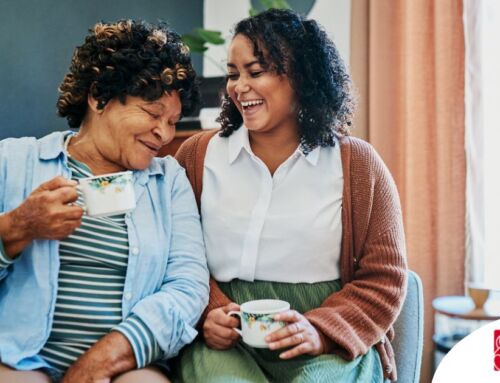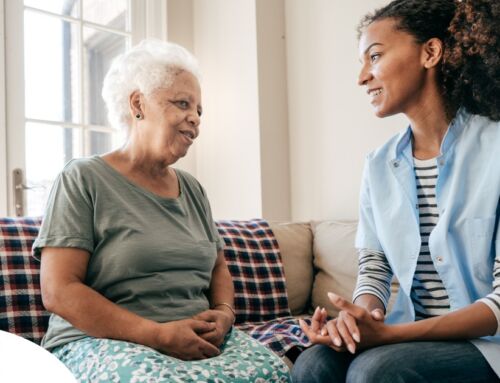As the caretaker for an aging loved one, you well know how challenging it can be. Add cancer to the mix and your challenges are off the charts.
Follow these basic steps to help meet the care challenge head-on:
Step 1 – Take care of yourself. You face a variety of stressors when caring for your “patient.” Your priority should be keeping yourself healthy at the same time. It’s critical that you’re not so focused on the health of your loved one that you ignore your own health. Remember, the healthier you are, the better the care you can provide.
Step 2 – Find an oncologist who regularly treats older patients. The treatment for cancer in the elderly also depends in large measure on the type of cancer you’re dealing with. Often, the goal of treatment is to cure the cancer. In other cases, the goal is controlling the disease or reducing symptoms for as long as possible. As a caregiver, you should work closely with your loved one’s doctor to ensure they’re getting the proper treatment.
Step 3 – Ask questions.
- Has the cancer spread? If so, where? At what stage is the disease?
- What is the treatment goal? What are the treatment choices? Which do you recommend? Why?
- What are the expected benefits of each kind of treatment?
- What are the risks and possible side effects of each treatment?
- How can side effects be managed?
- What can I, as a caregiver, do to prepare my loved one for treatment?
- How often will my elderly loved one have treatments? How long will each treatment last?
- What is the treatment likely to cost? Will insurance cover the costs?
- What new treatments are being studied? Would a clinical trial be appropriate for my aging loved one?





